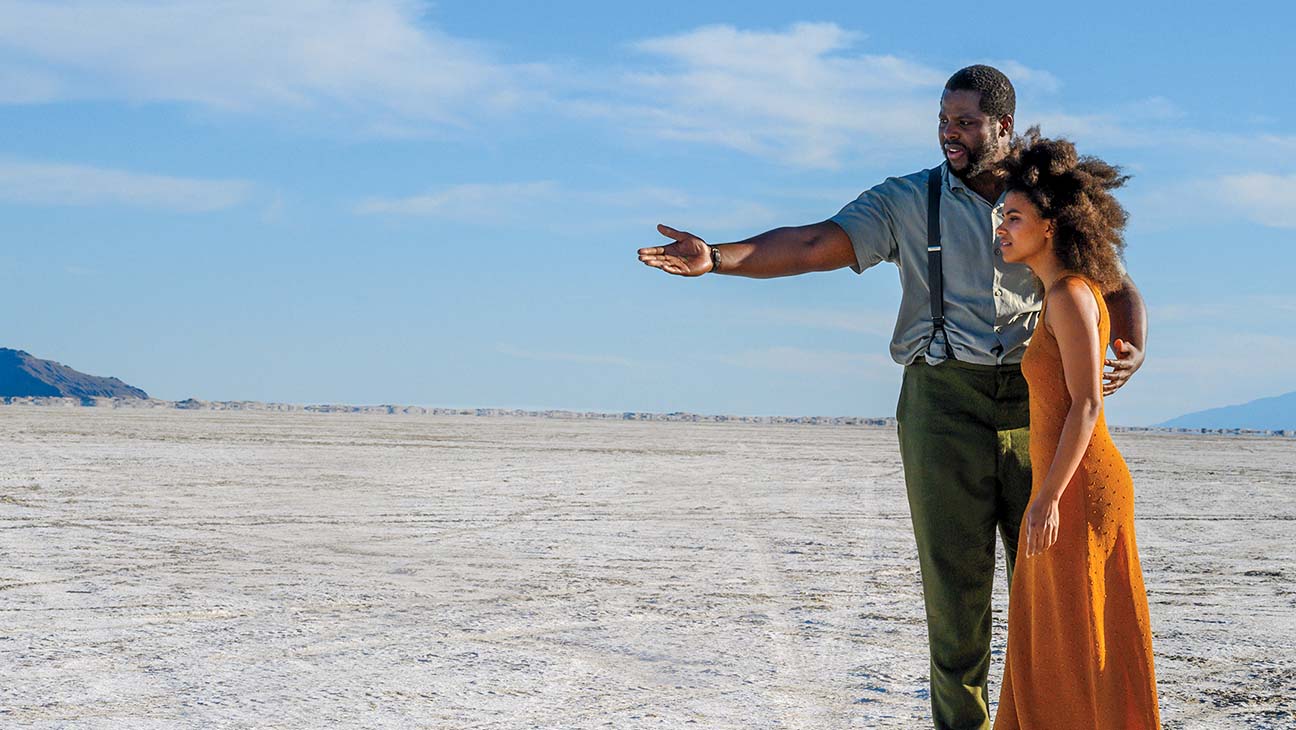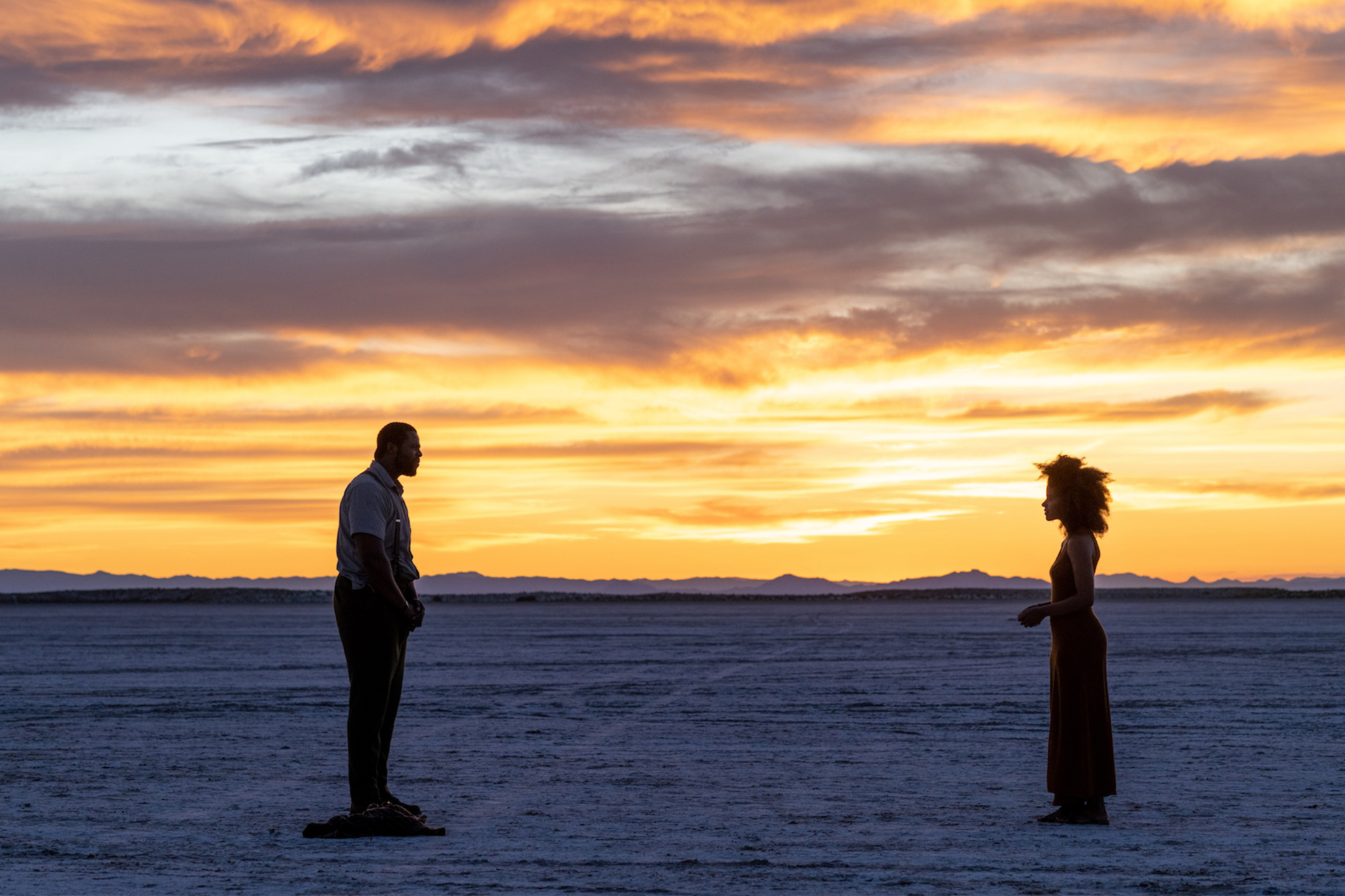Tishrei, the first month of the Jewish calendar, is a time for judgment and self-reflection. It’s a boundary between years, when, traditionally, we reckon with our past and look toward our future. The 10 first days of Tishrei, from Rosh Hashanah to Yom Kippur, are known as the Aseret Yemei Teshuvah, or Days of Repentance. During this time, all Jews are encouraged to increase prayer and tzedakah (charity), and to seek forgiveness for sins and interpersonal wrongs — all in preparation for the judgment handed down for the upcoming year.
“On Rosh Hashanah it is written, and on Yom Kippur it is sealed,” we say in Unetanah Tokef, the pivotal High Holiday prayer/song listing all the things that are to be decided for the new year. How much money will we make? How happy will we be? Are we going to die painful, horrible deaths, listed one by one for us to shudder at and fear? Fire, sword, beast, famine, thirst and worse. It’s pretty concerning.
The central question seems to be: What are you doing? It’s what you ask a child when they’re doing something wrong — or an adult, when you have nothing else worth asking. What are you doing? Why are you here? What’s the point of you? We even ask it of ourselves during the Rosh Hashanah and Yom Kippur prayers: “What are we? What is our life? What are our acts of kindness? What is our righteousness? What is our deliverance? What is our strength? What is our might? What can we say before You, Hashem, our God and God of our fathers?” If the question is “What are you doing?”, the answer always seems to be “Not enough.”
This question-and-answer pairing is also what underlies the recent movie “Nine Days,” the first feature film written and directed by Edson Oda. The entire film takes place in a world outside of our own, where characters are given the chance to participate in a nine-day-long process that will determine whether or not they can be born. If they succeed, they’ll be placed in the living world in the family or context they need to do well.
Winston Duke plays Will, an enigmatic man who lives in this pre-birth place. He spends his days watching first-person footage of those he’s sent into our world, seeing what they make of the lives he’s granted them via video cassettes and a collection of many TV screens. “Nine Days” is not an explicitly Jewish movie, nor are any of its main stars Jewish, but I’d like to make the case that it’s the perfect movie for Tishrei.
Over the course of nine days, Emma (Zazie Beetz), Alexander (Tony Hale), Kane (Bill Skarsgård), Mike (David Rysdahl), Maria (Arianna Ortiz) and others are asked to pass a series of tests. Will does not often give away if their answers are what he’s looking for. Actually, he barely explains what he is looking for in the first place. He just sets challenges before them, watching as they struggle to please him. Hmm… a looming figure with difficult expectations and challenges who wants us to prove we belong in this world, who’s also always watching all of the people he’s put there… Where have I heard of that before?
Will is not God, nor is the movie attempting to posit that this flawed, mercurial being is divine. But with all of the places in Jewish text describing God’s outstretched arms, fingers, heavenly chairs and earthly footstools, it’s reasonable to create metaphors that attribute certain human features to God. During Tishrei, we don’t have nine days to prove ourselves; we have 10. And we’re already in this world, so we’re not trying to be born. We’re just trying to continue (or start) thriving.
How do we reckon with an entity we cannot fully comprehend, judging us, watching us, silently taking in our deeds and determining our entire livelihood for a year? How can we react to the great and powerful King, hiding behind a heavenly curtain, deciding whether we should die horrible deaths? Often, I feel like Alexander (Tony Hale’s character): He alternates between screaming, cursing and just trying to connect with Will. He asks if they can have a beer together. I’d also like to sit with the Creator of everything — say something and actually hear words back.

When I was younger, my parents and educators liked to give an analogy for what happens when we die. They said we “go up” and meet God, who’s going to tell us that it’s time to look back on our life. Then, in telling the story, they’d quote sportscaster Warner Wolf, “Let’s go to the videotape.” It’s what I couldn’t stop thinking about during “Nine Days,” as Will watches so many lives on Earth: slotting in cassettes and rewatching significant moments, silently judging or using them as lessons for the birth candidates.
During the lessons, the not-yet-people are asked to go to the videotape, so to speak, to find the moments that are meaningful, the moments worth changing, to look at life and see what they want to get out of it. Another childhood teaching of mine was that every Jew is taught the entire Torah in the womb by an angel. Of course, in both stories — the movie and the midrash — the participants forget everything. What’s the point? It’s so that everything we learn after birth is just chazara (review).
So, before or during Tishrei, watch “Nine Days” (assuming it’s safe and available for you to do so; it’s currently in theaters. Otherwise, there’s an alternate recommendation below, available for home viewing). The movie can be slow and it doesn’t end in a very satisfying way, but then, usually, neither does Tishrei — who’s to say for sure how successful we were during Rosh Hashanah and Yom Kippur? I think it’s worth trying a new perspective, if only to control one element in a month of uncertainty. Maybe things will be better this time around.
Mini Recommendation: “The Dybbuk” (1937), dir. Michal Waszynski
Available on Kino Lorber’s “The Jewish Soul: Ten Classics of Yiddish Cinema,” this movie is perfect for the fans of mystical Judaism — dybbuks! Fainting in a graveyard! Dance of the dead! — and also a great recommendation for Tishrei for the rare reason that it actually includes Hoshana Rabbah, one of the most under-discussed and overly mystical days of the Jewish calendar. Come for the dangerous love between two friends. Stay for the even more dangerous love between their children. Plus, it’s a Yiddish-language movie!



